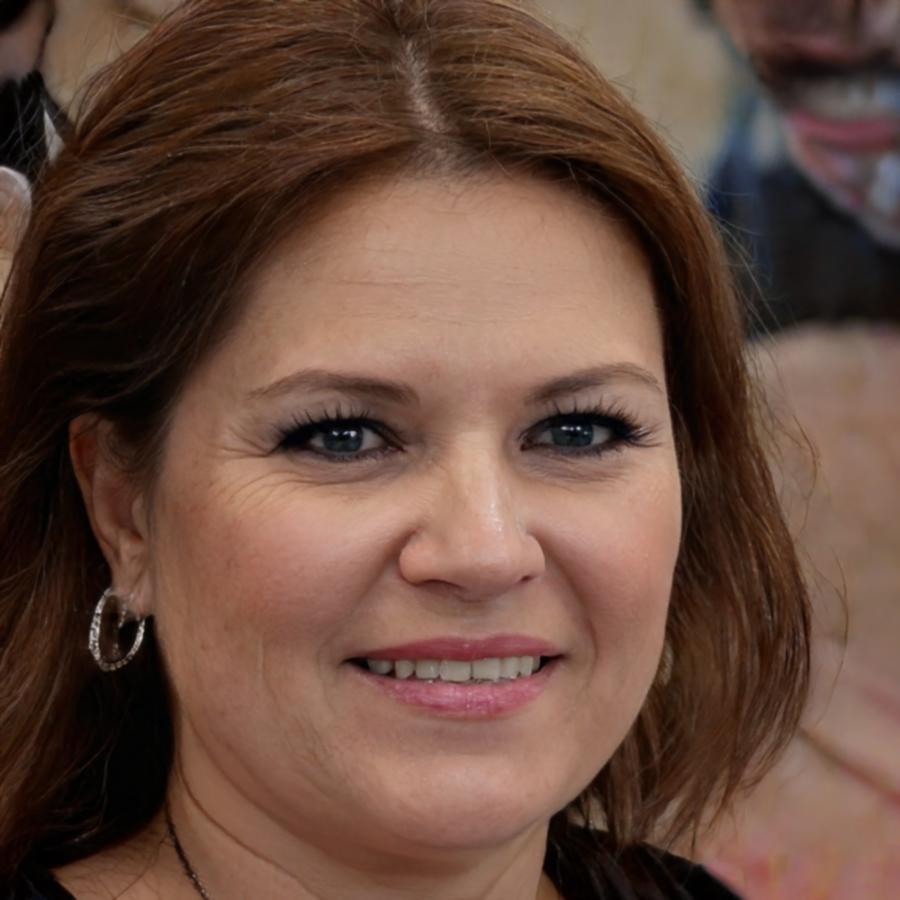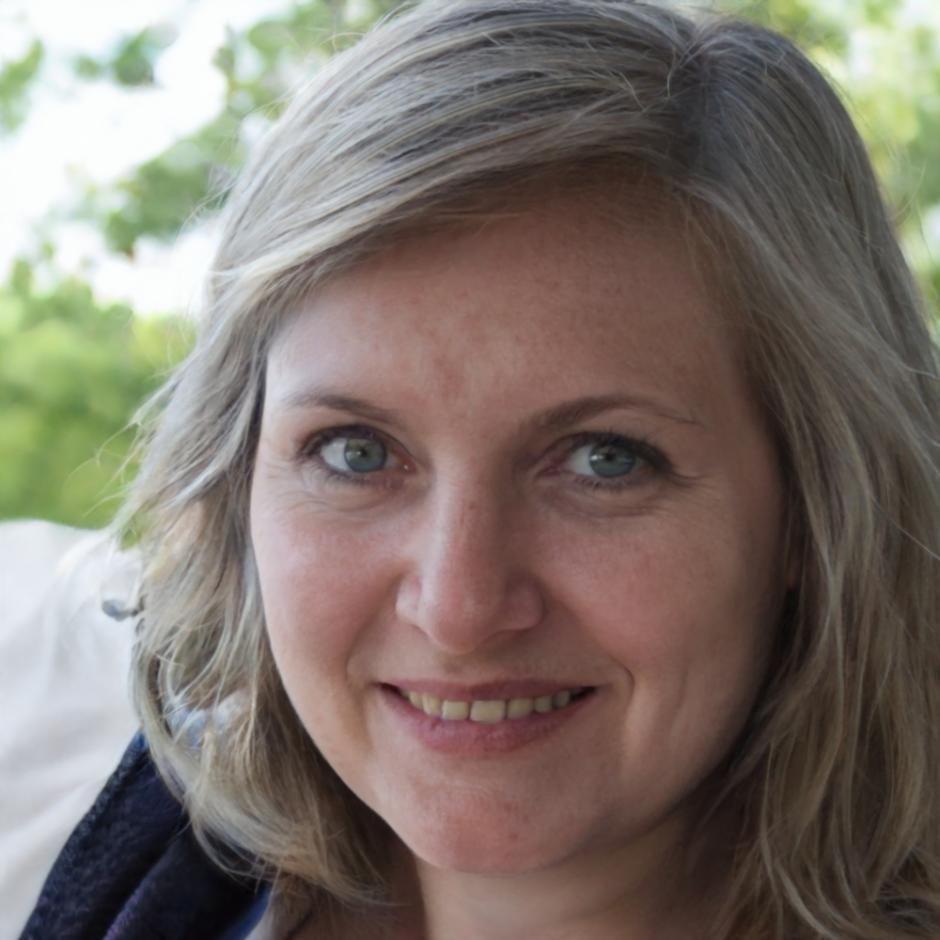Business Budgets That Actually Work
Most businesses fail because they run out of cash, not ideas. We teach practical budget management for Australian SMEs who need to make every dollar count without hiring a full-time CFO.
Start LearningMost businesses fail because they run out of cash, not ideas. We teach practical budget management for Australian SMEs who need to make every dollar count without hiring a full-time CFO.
Start Learning
Look, budgeting isn't sexy. But it's the difference between closing your doors in year two and building something sustainable. We focus on what matters for businesses turning over between $200K and $2M annually.
Understanding the gap between profit on paper and money in the bank. You can be profitable and still go broke if timing's off.
Fixed versus variable costs, break-even points, and why your pricing might be killing you slowly. Real numbers, not theory.
Monthly reviews, quarterly adjustments, annual planning. How often you should actually look at this stuff depends on your business type.

We built this after watching too many capable business owners struggle with spreadsheets that didn't match their reality. Our framework is based on what actually works in Australian small business, not corporate finance textbooks.

These are business owners who took our courses between late 2024 and early 2025. Their situations varied, but the budgeting fundamentals stayed consistent.

Retail Owner, Canberra
"I was three months away from closing when I finally faced my numbers properly. The course didn't sugarcoat anything, which I needed. Turned things around by cutting costs I didn't realize were bleeding me dry and adjusting my product mix based on actual margin data."

Service Business, NSW
"The seasonal forecasting module saved me during the slow months. I now plan for the dips instead of panicking when revenue drops in January. Having three months of operating expenses set aside changed everything about how I sleep at night."
Our next program starts in September 2025 and runs for twelve weeks. You'll spend about four hours per week on content and implementation in your own business.
First three weeks focus on getting your current financial picture clear. We help you gather the right data and organize it in a way that makes sense for decision-making.
Weeks four through seven cover budget structure, forecasting methods, and variance analysis. This is where you build the system you'll use long-term.
The final five weeks focus on making it stick. Monthly reviews, adjusting for reality, and troubleshooting common issues as they come up in your specific business context.
